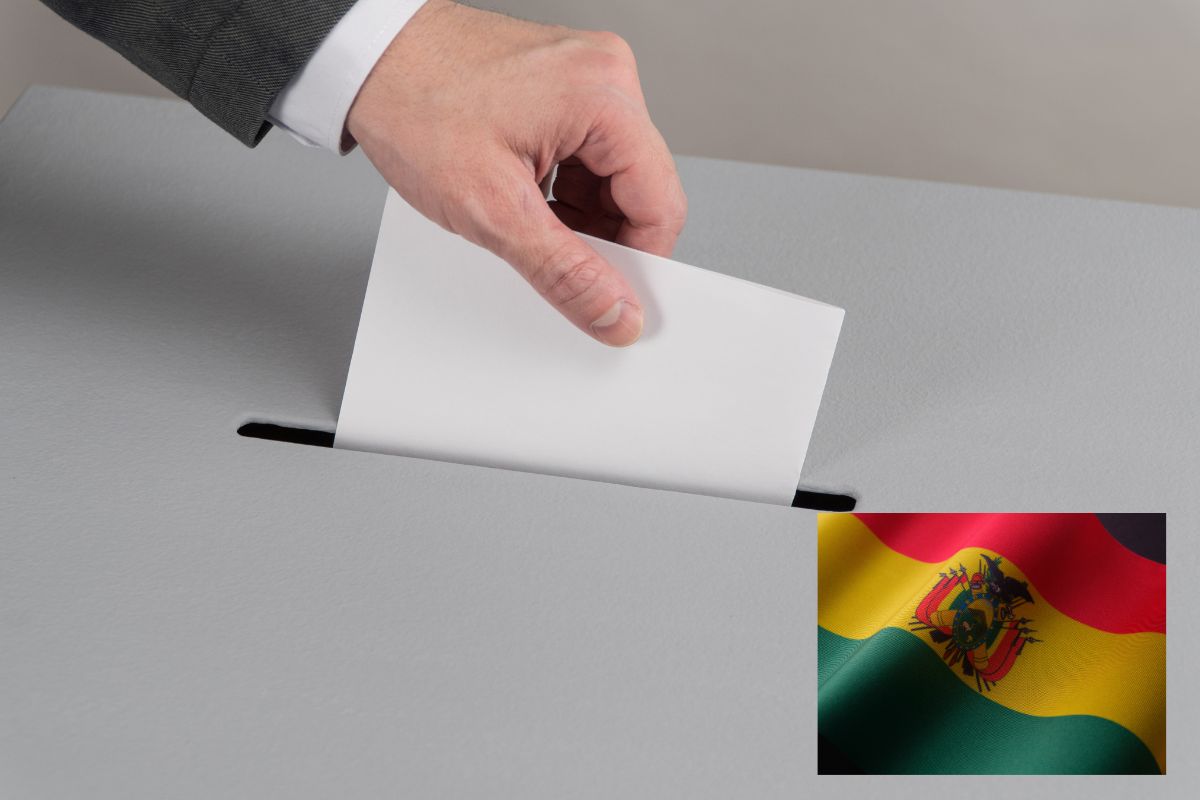
Bolivia's presidential elections are a fascinating mix of history, politics, and culture. Ever wondered how this South American nation chooses its leaders? Bolivia has a unique electoral system that combines elements of both direct and indirect voting. The president is elected for a five-year term and can be re-elected once. The process involves a two-round system where a candidate must secure more than 50% of the vote or at least 40% with a 10% lead over the nearest rival to win outright. If no candidate meets these criteria, a runoff between the top two candidates decides the winner. This method ensures that the elected president has broad support. Bolivia's elections are not just about numbers; they reflect the country's diverse population and rich cultural heritage.
Bolivia's Presidential Elections: A Complex Landscape
Bolivia's presidential elections are a fascinating mix of history, politics, and culture. These elections have shaped the country's path and continue to influence its future. Here are some intriguing facts about Bolivia's presidential elections.
-
Bolivia's first presidential election took place in 1825, shortly after gaining independence from Spain. This marked the beginning of a long and tumultuous political journey.
-
The country has experienced numerous coups and political upheavals. Since its independence, Bolivia has had over 190 changes in government, many of which were not through democratic elections.
-
Evo Morales, elected in 2005, was Bolivia's first indigenous president. His election was a significant milestone in a country where indigenous people make up a majority of the population.
-
Bolivia's presidential term is five years. Presidents can serve two consecutive terms, but this has been a point of contention and legal battles in recent years.
-
The 2019 presidential election was highly controversial. Allegations of electoral fraud led to widespread protests, the resignation of Evo Morales, and a temporary government led by Jeanine Áñez.
-
Bolivia uses a two-round system for presidential elections. If no candidate receives more than 50% of the vote in the first round, a runoff is held between the top two candidates.
-
The country has a unique voting requirement. Voting is mandatory for all citizens aged 18 to 70. Failure to vote can result in fines and restrictions on certain services.
-
Bolivia's electoral system includes gender parity laws. Political parties must ensure that at least 50% of their candidates are women, promoting gender equality in politics.
-
The 2020 presidential election saw the return of the Movement for Socialism (MAS) party. Luis Arce, a former finance minister under Morales, won the presidency with a significant majority.
-
Bolivia's elections are overseen by the Supreme Electoral Tribunal. This independent body is responsible for ensuring fair and transparent elections.
-
The country has a history of high voter turnout. In recent elections, turnout has often exceeded 80%, reflecting the strong engagement of Bolivian citizens in their political process.
-
Bolivia's political landscape is diverse. Numerous political parties and movements represent a wide range of ideologies, from socialism to conservatism.
-
The role of social media in elections has grown. Platforms like Facebook and Twitter are increasingly used for campaigning and mobilizing voters, reflecting global trends in digital political engagement.
-
Bolivia's constitution allows for the recall of elected officials. Citizens can petition for a recall referendum if they are dissatisfied with their president's performance.
-
Indigenous representation in politics has increased. Beyond Morales, many indigenous leaders have gained prominence, reflecting Bolivia's rich cultural diversity.
Bolivia's presidential elections are a testament to the country's dynamic and evolving political landscape. Each election brings new challenges and opportunities, shaping the future of this vibrant nation.
Bolivia's Electoral Landscape
Bolivia's presidential elections are a fascinating mix of history, politics, and culture. From the unique voting system to the diverse political parties, each election cycle offers a glimpse into the country's evolving democracy. The involvement of indigenous communities and the impact of social movements highlight the rich tapestry of Bolivian society. Understanding these elections isn't just about knowing who won or lost; it's about appreciating the complex dynamics that shape Bolivia's future.
Whether you're a political junkie or just curious, these facts provide a deeper understanding of how Bolivia's elections work. They show the resilience and passion of its people in striving for a better future. So next time you hear about Bolivia's elections, you'll have a richer context to appreciate the significance of each vote and the stories behind them.
Was this page helpful?
Our commitment to delivering trustworthy and engaging content is at the heart of what we do. Each fact on our site is contributed by real users like you, bringing a wealth of diverse insights and information. To ensure the highest standards of accuracy and reliability, our dedicated editors meticulously review each submission. This process guarantees that the facts we share are not only fascinating but also credible. Trust in our commitment to quality and authenticity as you explore and learn with us.
